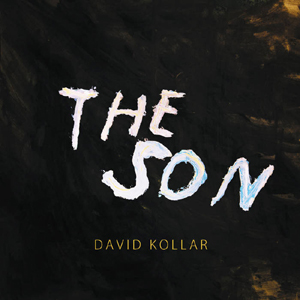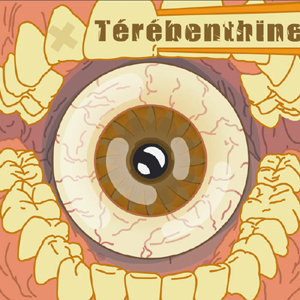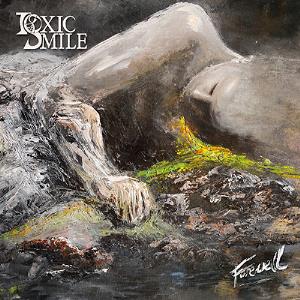In this update we feature:-
David Kollar – The Son
Circus Maximus – Havoc
Celestial Teapot – One Big Sky
Térébenthine – Térébenthine
Toxic Smile – Farewell
Hello readers, and welcome to the second edition of our occasional series A Different Aspect, affectionately otherwise known as ADAs. This is the place where we attempt to reel in the ones that got away, and here’s a few more that we caught despite their vain attempts to wriggle free. Enjoy!
David Kollar – The Son
by Roger Trenwith
Slovakian experimental guitarist David Kollar has risen to prominence lately owing to his parts on the KoMaRa and The Blessed Beat albums, both reviewed by yours truly on these pages.
Back in 2013 he made a highly emotive album after his young son went through two unexpected medical operations. The sounds he makes with his guitar are anything but conventional, using echoes, loops, delays, reverb, bows, you name it. The end result is an emotional rollercoaster of an album that bears repeated plays, always revealing something new.
Circus Maximus – Havoc
by Dave Baird
Circus Maximus were always at their best when aping the instrumental dexterity of Dream Theater. Incendiary tracks such as Biosfear (The 1st Chapter) and Fear No More (Isolate) placed them firmly into the Prog-Metal genre. Unfortunately, much of the other output on their albums tended towards plain Metal, and this is the direction they appear to have taken with this, their fourth album.
Sounding somewhere between Yngwie Malmsteen, TNT and Pagan’s Mind, Havoc contains very little to interest Prog fans. Sure these guys can play, but the album is a series of rather uninspiring, generic songs that lack character or melody – there’s just nothing to latch onto or hold the attention, at least not for those looking for something more fiddly and intricate.
If you’re curious about Circus Maximus then check-out The 1st Chapter or Isolate, even Nine (their third album), but give Havoc a miss.
Celestial Teapot – One Big Sky
by Mel Allen
Celestial Teapot, from India, have released a concise 40-minute mostly instrumental album, except for the track Nacreous where vocals are provided by Marjana Semkina of iamthemorning, her voice coming in after a melodic soundscape to lift the song to another level.
The instrumentals have a bright and positive feel to them. There is melodic structure throughout, but with a powerful edge at times which changes the mood of the songs. The album certainly has a progressive feel, for example Opia has what sounds like a jazzy bass added to the mix which adds a new dimension to their sound.
Overall this is a good and enjoyable album which does not outstay its welcome. I look forward to hearing how Celestial Teapot develop with their next album.
Térébenthine – Térébenthine
by Roger Trenwith
An enticing mix of Crimsoid mathrock precision and grungy rock, the heady turpentine aromas of French proggers Térébenthine first swirled around the ether back in 2013 with this fine all-instrumental self-titled debut album. There was a follow up EP last year, and apparently the quintet are currently making a new album. Watch this space!
Toxic Smile – Farewell
by Bob Mulvey
Germany’s Toxic Smile are a conundrum, as their music both intrigues and frustrates in equal measures. Previous albums have shown an accomplished musician base with creative ideas, but all too ready to dissolve into a cauldron of progressive metal staccato riffage.
So when I heard that their latest opus Farewell, an album comprising a single 42-minute track had eschewed this tendency, my curiosity was pricked. Although Farewell isn’t a gentle offering by any stretch of the imagination, it has in many respects refrained from the PM excesses and gone for a more heavy rock, neo-prog approach.
Nice touches are the string quartet, the greater freedom afforded to Larry B’s vocals and of course the numerous, but brief, instrumental sections. The most pleasing of these is the middle funky jazz instrumental around 24-minutes in, a prime example of the dilemma posed by the band. It is a wonderful section which offers a glimpse of what might be, along with the delights of Marek Arnold’s sax playing. But there’s just not enough on the album, and as a consequence and perhaps as a result of trying to bring across the concept of the single unbroken track, it does tend to meander.
Worth investigating for those who enjoy their prog, heavy!






